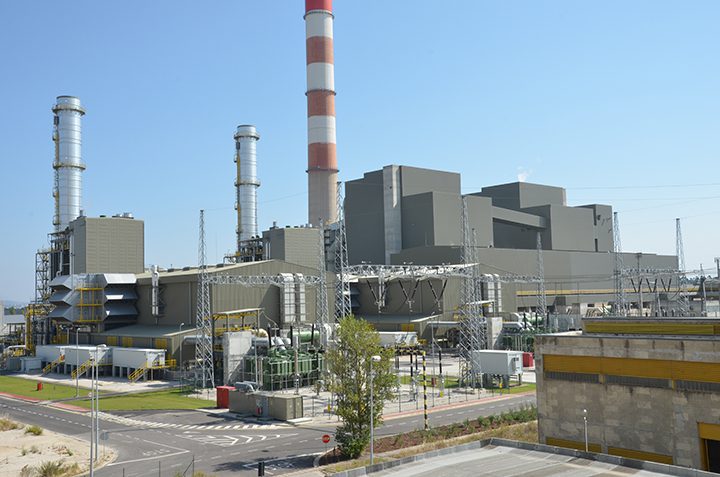Portugal’s Last Coal Power Plant Shuts Down, Fourth Country in Europe to Stop Burning Coal
The 628-MW Pego power station was shut down on Nov. 20, 10 days ahead of schedule, marking the end of coal-fired power generation in Portugal. The country joins Belgium, Austria, and Sweden, as the fourth European nation to discontinue the use of coal.
“Portugal is the perfect example of how once a country commits to quitting coal, the pace of the phase out inevitably accelerates. The benefits of transitioning to renewables are so great, once started, it only makes sense to get out of coal as fast as possible,” Kathrin Gutmann, Europe Beyond Coal campaign director, said in a press release on Nov. 22. “Coal’s dire economics and public desire for climate action are driving faster and faster phase outs across Europe. The challenge now is to ensure utilities do not make the mistake of replacing coal with fossil gas, or unsustainable biomass.”
However, reopening on biomass fuel may be exactly what the Pego plant (Figure 1) ends up doing. Biofuelwatch, a group that “provides information, advocacy and campaigning in relation to the climate, environmental, human rights and public health impacts of large-scale industrial bioenergy,” reported that TrustEnergy, a joint venture between ENGIE and Marubeni, and the majority shareholder of the Pego power station, wants to convert the plant’s coal-burning unit to burn wood pellets. Biofuelwatch claims in an open letter that “with the plant operating at full capacity, Pego would need closer to 5 million tonnes of wood” annually and that “the increased demand for raw material would far exceed available resources.”

“Freeing ourselves from our biggest source of greenhouse gases is a momentous day for Portugal. But it is soured by the prospect of the plant being converted to burn forests,” Francisco Ferreira, president of ZERO, a Portuguese environmental non-governmental organization (NGO), said in a press release. “Ditching coal only to switch to the next worst fuel is clearly not an answer. Instead, the focus should be on rapidly upscaling our renewable energy capacity in wind and solar.”
It’s unclear where Pego’s other co-owner, Endesa, stands concerning the potential fuel switch. The company in its most-recent financial report issued in early November, said, “Endesa is resolute in its commitment to decarbonising its generating mix. It has boosted its portfolio of renewable projects by an additional 22 GW since the beginning of the year, bringing the total to more than 61 GW. It now has 11.2 GW of mature and operating renewable projects.” Still, biomass is generally considered to be a form of renewable power generation, and Endesa does not seem to be objecting to the switch.
The Pego power station was built by Electricidade de Portugal (EDP) between 1987 and 1995. The consortium—TrustEnergy (56.25%) and Endesa (43.75%)—purchased the power station in a competitive public tender in 1993, which represented a significant shift in Portugal’s domestic electricity generation landscape by involving private sector and foreign investors. At the time, the sale’s legal and financial framework was regulated by more than 100 agreements. The percentage of borrowed capital, during the first refinancing operation in 1997, was 85%. A new refinancing agreement took place in 2006, resulting in a banking syndicate of 13 banks, including leading national and international banks.
The owners have said, “It is our concern to use and transform the natural resources in a sustained manner, returning the resultant byproducts in a respectful way to the environment and the community.” In 2009, the Pego coal-fired units were retrofitted with a flue gas desulfurization system and selective catalytic reduction, which, in the case of the latter, was the first to be installed in Portugal. To reduce particulate emissions, the electrostatic precipitators’ control system was modified by the installation of a switched integrated rectifier system.
Additionally, the owners have said, “It is our goal to minimize the environmental impact of our activity. To do so, a strong environmental awareness is permanently promoted within the Project. Our activity is guided by the strict compliance with all the laws, regulations, permits and other requirements established for the activities that have environmental impact.”
But Biofuelwatch doesn’t seem convinced. The group’s open letter, which demands that public funds not be used to finance a coal-to-biomass conversion at the Pego station, has been signed by nine environmental NGOs in Portugal and is supported by 58 groups internationally.
—Aaron Larson is POWER’s executive editor (@AaronL_Power, @POWERmagazine).